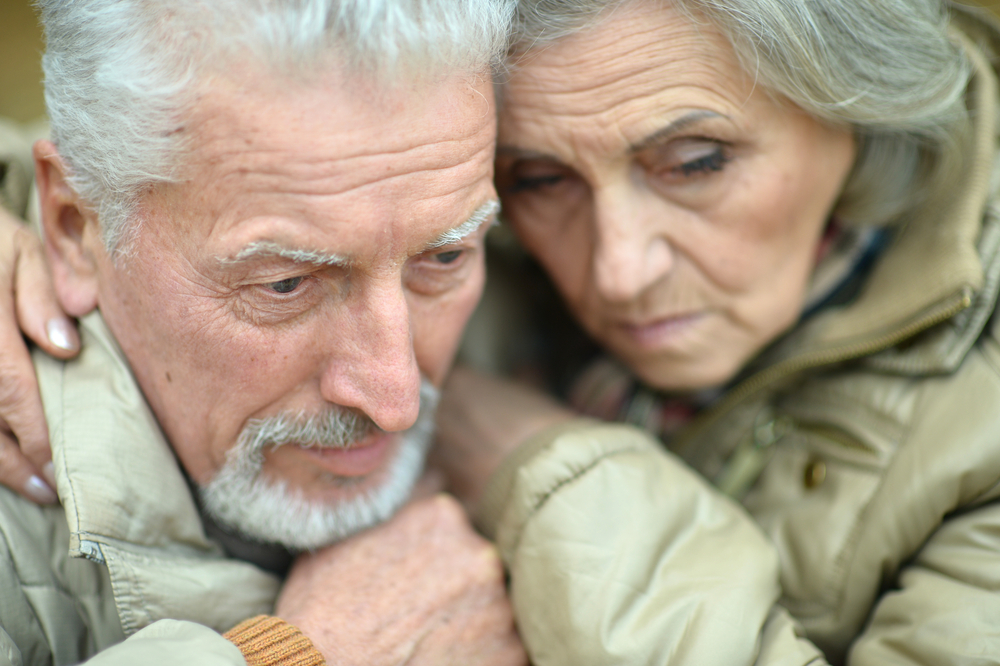Death often comes without warning. Returning home to find that a loved one has passed away unexpectedly can be traumatizing and leave you in a state of shock and disbelief. Your ability to think clearly is compromised as stress levels rise, and stress affects your ability to make quick decisions. Confusion sets in. You panic. What should you do? Who should you call first?
While it may seem unusual, our firm has received calls from distraught and bewildered clients seeking guidance on what to do after discovering that a loved one has passed away unexpectedly in their home.
Few situations are as stressful on the mind and body as witnessing the death of a friend or loved one. And when it occurs in one’s own home, it can be even more traumatizing. Feeling responsible or even having a sense of guilt are common reactions.
Psychological preparation is key. As we advance in age, the likelihood of experiencing the death of someone close to us increases significantly. If you are living with an aging loved one, or you routinely entertain overnight guests such as senior relatives visiting from outside of Florida, your chances for having a medical emergency, or even a death at your home, are real.
Even if an aging loved one appears healthy and is not receiving medical treatment for an illness, the chances for a sudden death increase with age. According to the Journal for Emergency Medical Services, the leading causes for unexpected death include heart attack, stroke and pulmonary embolism.
Studies by Harvard Medical School reveal that when someone experiences a stressful event (such as witnessing the death of a loved one) an area of the brain that contributes to emotional processing sends out a distress signal that impacts the way we respond. Psychologists at NIH have noted that emotions have a disrupting effect on the brain’s ability to reason and to make decisions. So, it should come as no surprise that we are not able to think clearly at times like this.
Before a traumatic event occurs, it’s important to assess your own coping mechanisms and to be emotionally prepared to manage through an unexpected crisis.
We typically recommend that our senior clients – especially those over 50 – take the time to prepare a short action plan or checklist to help guide their thinking processes as they manage a medical emergency or a traumatizing event such as a sudden death.
But how do you prepare for the “unthinkable”? Below are five recommendations that should be part of your action plan when a death has taken place:
1. Call 911. In the state of Florida, when someone dies in a private home while in apparent good health and not attended by a physician or hospice, Florida law requires the police to investigate for evidence of foul play. Additionally, the Medical Examiner would be involved and likely would perform an autopsy.
2. Conduct deep-breathing exercises. Use controlled breathing to activate the body’s relaxation response. This will help you regain the ability to think clearly about decisions that must be made immediately.
3. Call family members or a religious counselor for emotional support. Create a list of emergency phone numbers of family members or religious counselors that you can call for emotional support. Ask them to be present as you deal with the crisis and to comfort you as you begin making necessary decisions.
4. Contact a Funeral Service Provider. Once the death has been officially pronounced by the Medical Examiner, contact a funeral service provider if you are the deceased person’s next of kin, or are legally responsible for them.
5. Create a “To Do” list of tasks. Although the grieving process can interfere with our thinking processes, there are a number of practical tasks that must be addressed immediately. AARP provides a helpful checklist in their article “What to Do When a Loved One Dies.” Consider using the AARP checklist as a guide in creating your own. Questions you will need to answer include:
· Did the deceased want to donate his/her organs, or his/her body to medical science?
· Did he/she desire to be cremated?
· Who will write the obituary?
6. Contact the Deceased Individual’s Estate Planning Attorney. Did the deceased have an estate plan or will? Do you know the name and phone number of an estate attorney that you can call to request assistance?
While the chances of a death occurring in your home are probably slim, we recommend giving thought to what you would do in the event the “unthinkable” does happen. Our firm is available to assist grieving relatives through the post-mortem process and to help you make sound decisions regarding the disposition of your loved one’s estate. Please feel free to call us at 407-622-1900.

